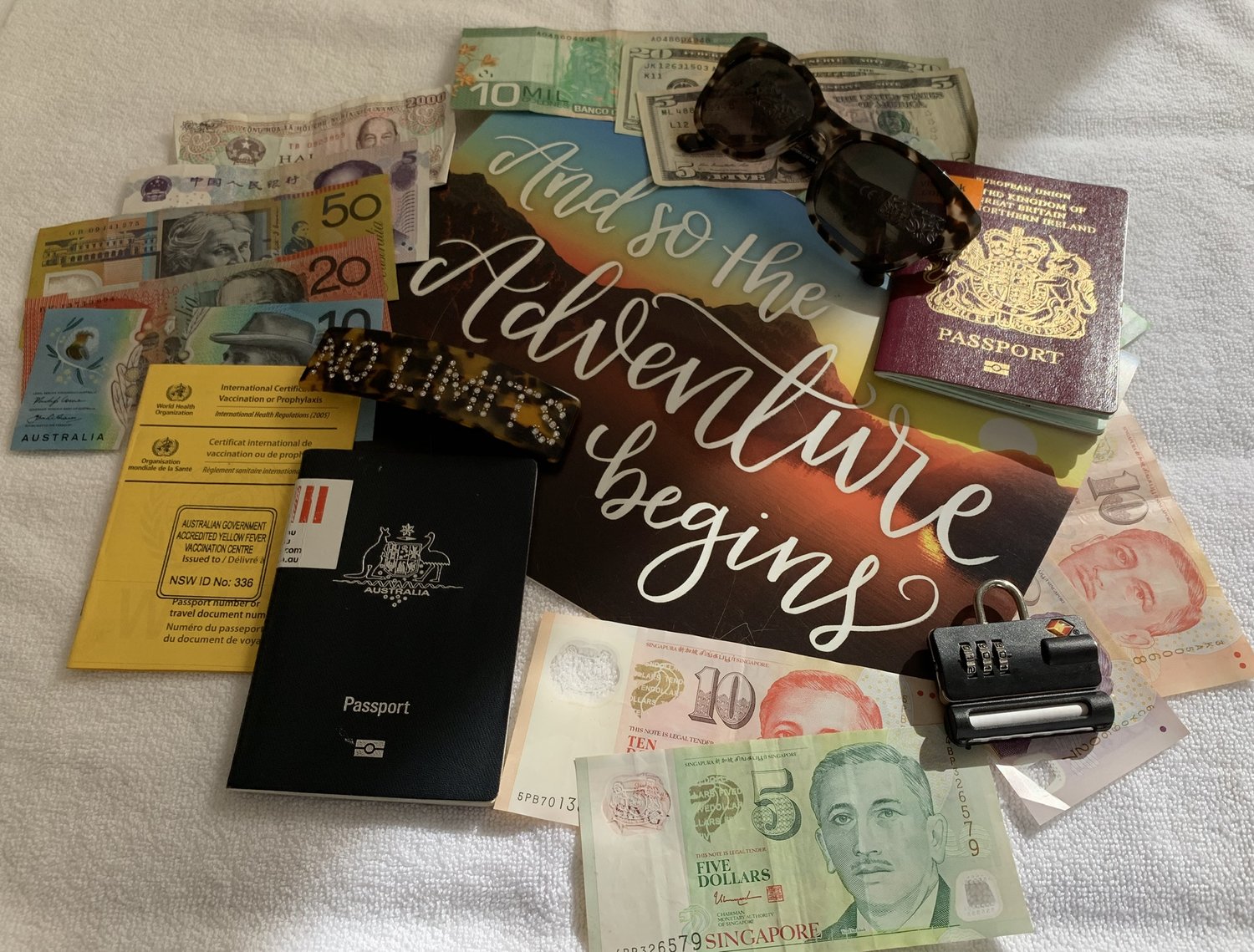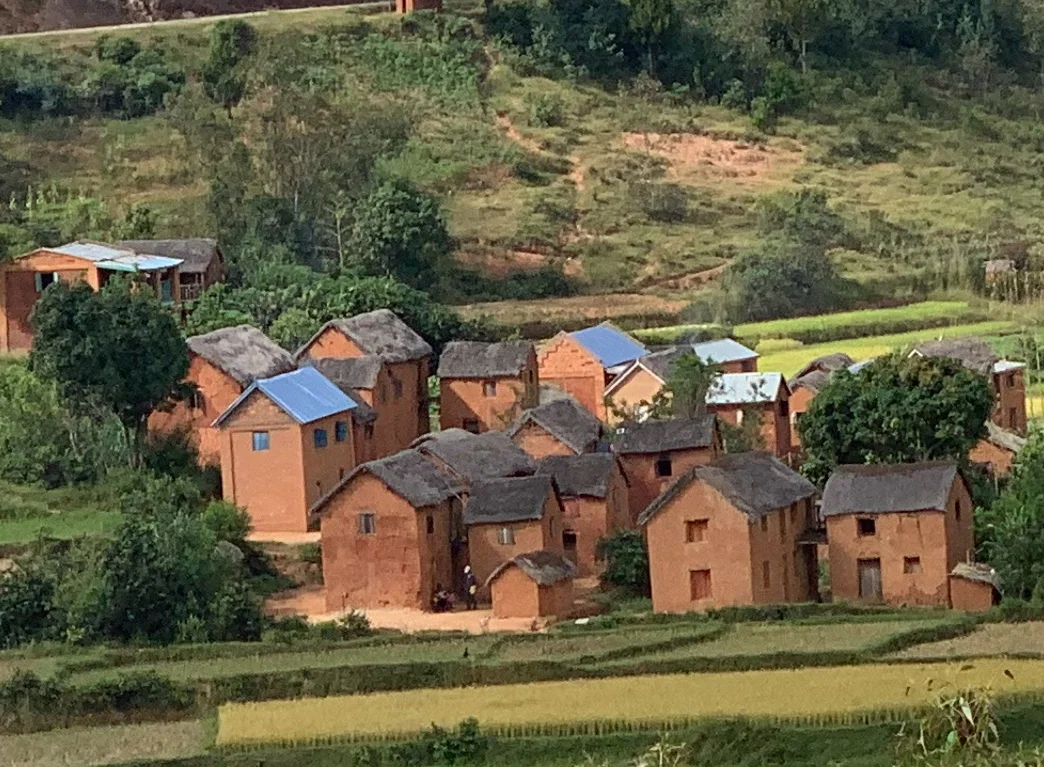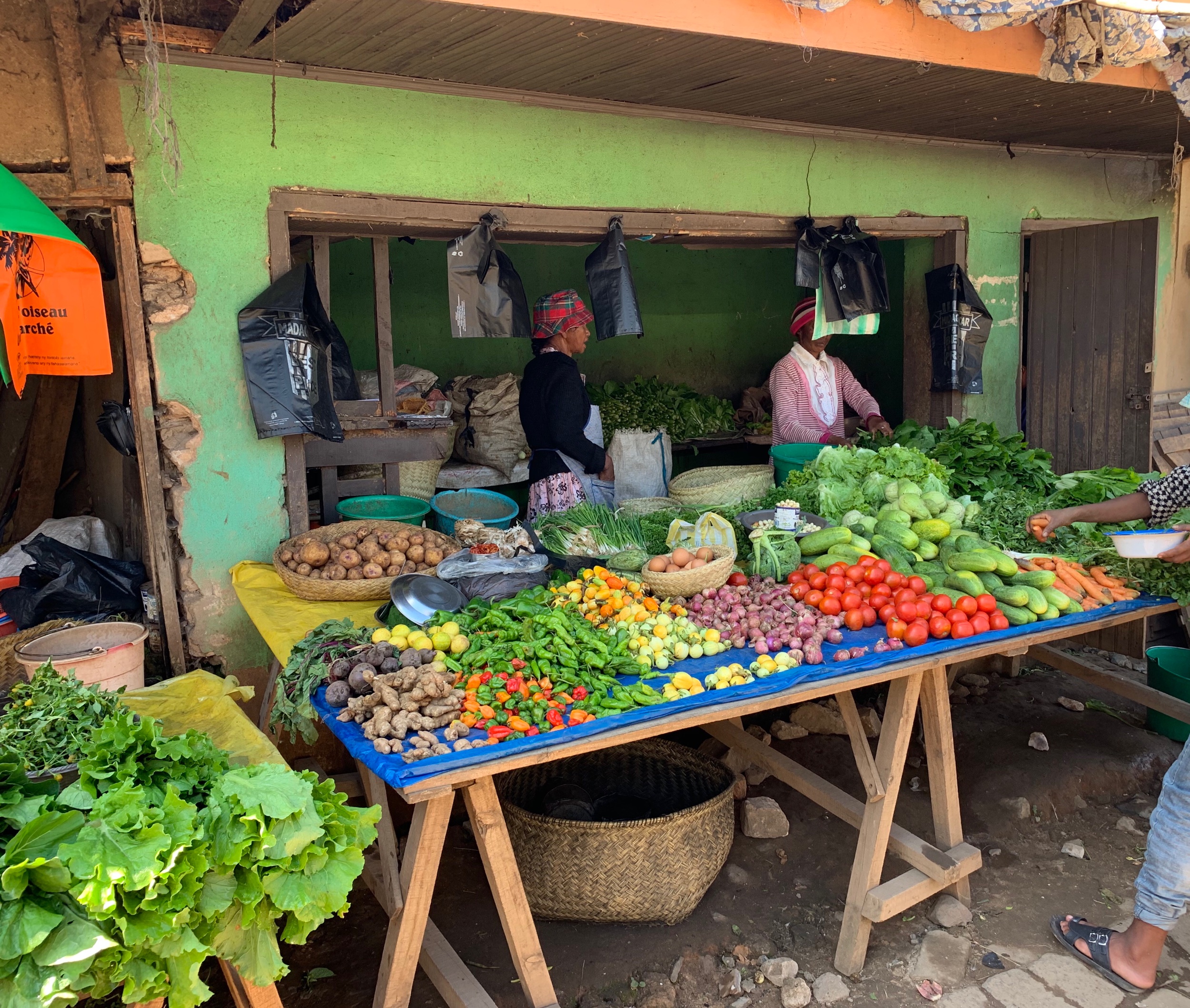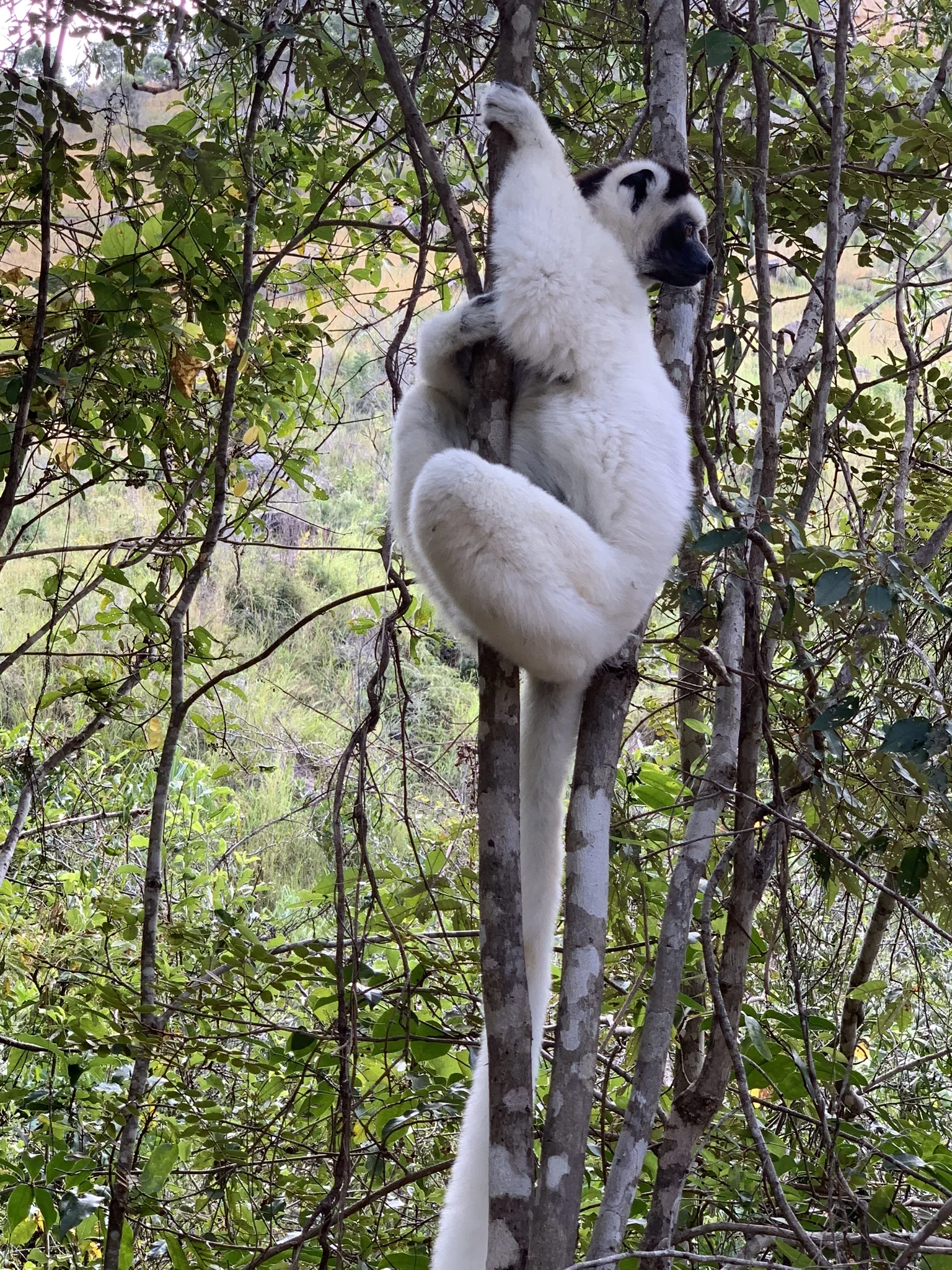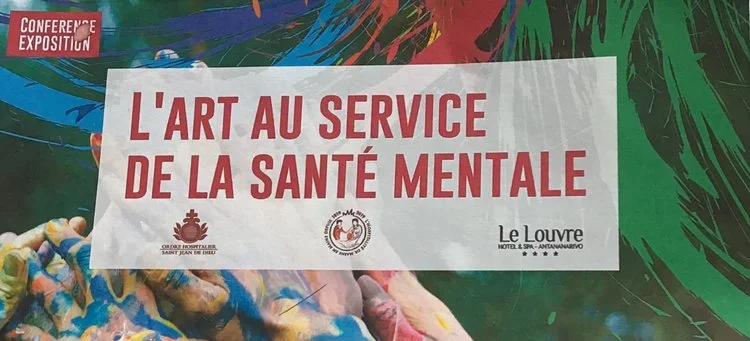And the tour begins - Exploring Madagascar
Antananarivo to Antsirabe
This morning we left the hustle and bustle of Antananarivo with our guide Fano ( pronounced Fanu) and our driver Nzoo en route south to Antsirabe the capital city of the Vakinankarata region and the highest point in Madagascar (1600 metres ) . Nine of us from as far afield as Australia, New Zealand and the USA all excited to explore this vast island, meet it’s people and of course seeing it’s amazing wildlife.
We take the main road which connects the capital to the coastal ports in the south , although in such a poor country even a “main” road is basically unsurfaced and full of potholes, definitely a bumpy ride - how we didn’t break an axle I will never know !!!.
Passing rice fields and small villages with houses made from local bricks winding our way through this ever changing rich green landscape. Every village is a community of one extended family and everyone from young to old works, whether it’s the children walking long distances to collect drinking water or the adults working from dawn to dusk in the rice fields. There’s no such thing as retirement for these people, it’s an extremely tough life yet they frequently smile and wave at us in the bus, it’s very humbling.
The main form of transport is carts drawn by Zebu ( a local form of cattle ) and a person’s wealth is indicated by the number of Zebu they own.Sadly it’s not uncommon for remote villages to be attacked and their Zebu stolen. In the Bara tribe ( one of Madagascar’s 14 tribes) a young man isn’t considered a man and worthy of marriage until he has stolen 100 Zebu. Understandably the Bara are hated and feared by the other tribes people who are generally peaceful.
For longer journeys which would take too long in a Zebu cart there are the local mini buses. But this isn’t transport for the faint hearted as they are packed to bursting with 30 or 40 people in a vehicle which should hold half that number making breakdowns a regular sight along the route.
We pass groups of women washing clothes in the local river, laying them out to dry on the deserted banks of what was once the railway but which,like most things in Madagascar, is no longer working due to lack of investment from consecutive governments.
Ambatolampy
Our first stop is Ambatolampy a small village typical of the Highlands region where we stop at a local aluminium foundry which takes used cans and other items and melts them down to produce cooking pots, tools, utensils and works of art. We are invited inside a small hut to see how the pots are made. The heat inside the hut is oppressive yet these people work here from dawn to dust handling molten aluminium and stepping in the smouldering volcanic sand which is used for the moulds barefoot and without a single item of protective clothing. Yet despite these awful conditions they seem genuinely happy to see us and we are greeted with warm smiles. It’s a welcome relief when we come out of the hut into the air. On our way out we pass the gift stall to buy some small souvenirs then it’s back on the bus for the next part of our trip.
Antsirabe
We continue on to the spa city of Antsirabe a place full of old French colonial buildings and known for its thermal springs. The streets are full of colourful rickshaws and the next morning we have the chance to ride in one of these amazing contraptions taking a trip round the French quarter and the market. There’s certainly no need for a massage chair as the rickshaw clatters over the stone roads shaking every muscle in our bodies.
Then all too soon the rickshaw tour is over and it’s time to get back on the bus for the next part of the adventure and what we’ve all been waiting for - The Lemurs !!
Zebu herdsman driving his animals to market
Traditional means of carrying everything
Colourful fruit and vegetable stalls line the streets
Drying clothes on the railway embankment
Wash day at the river
Making aluminium pots no protective wear and no shoes - its hot work !!

